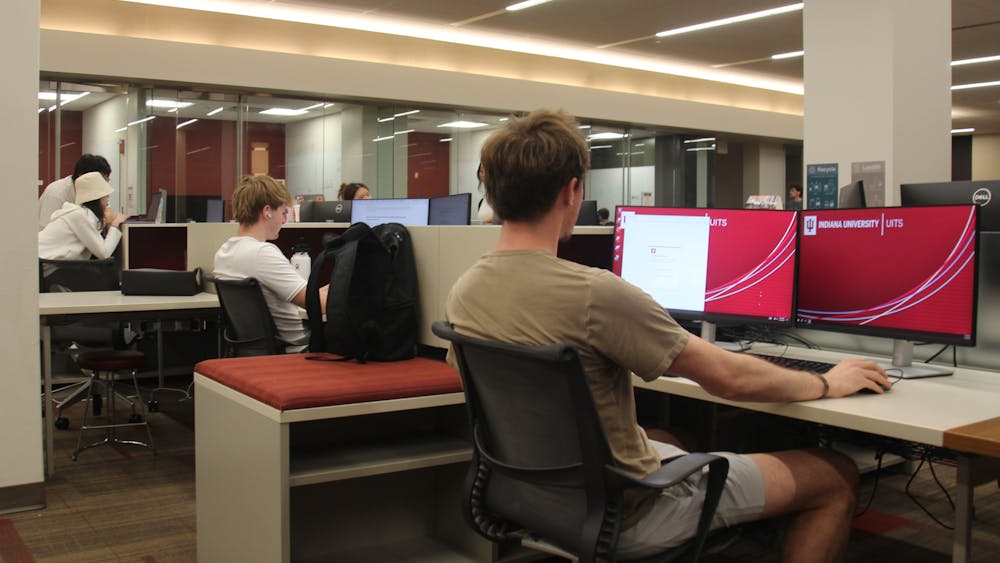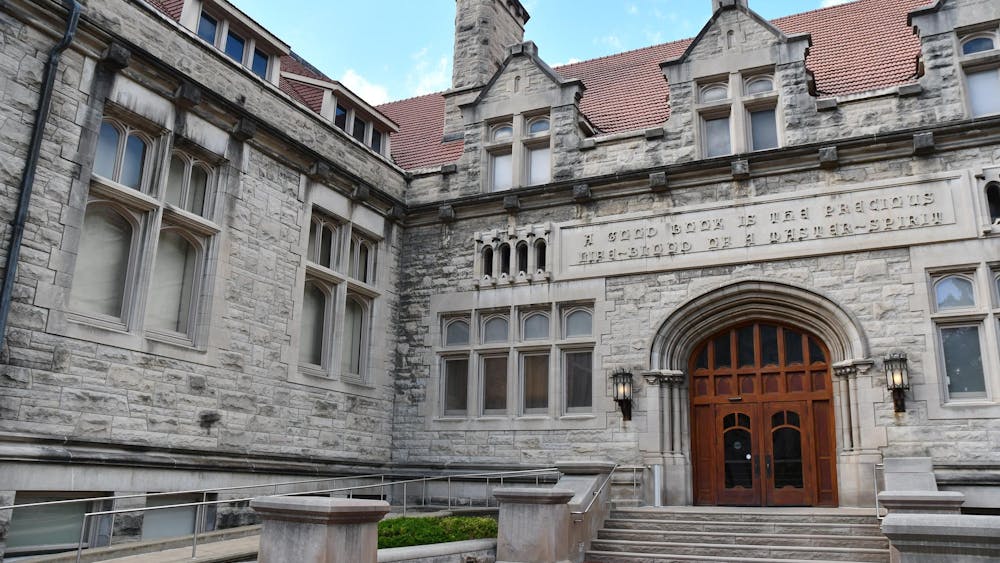Veganism is the only diet in this world that is both eco-friendly and kind to animals.
Being a vegan means that your diet excludes all animal products – not just the meat, but also dairy, eggs, milk and other food items created by animals.
While veganism is eco-friendly and responsible, we cannot forget that following the diet is a privilege. The ability to choose what you eat on moral grounds is an option that low-income people don’t have.
The argument that “everyone can be vegan” is a direct insult to those who have medical and financial issues.
Many people cannot be vegans due to economic hardship and likely live in food deserts. A food desert in urban areas is a location, typically in low-income neighborhoods, that has no full grocery store less than a mile away.
For families without cars, businesses like gas stations and convenience stores are the quickest, cheapest and most viable option for eating. And if you’ve ever tried to even eat vegetarian, let alone vegan, it’s virtually impossible at a gas station.
When you’re concerned with getting the most food for your dollar, vegan foods and fresh vegetables are not only inaccessible to some, but unaffordable. Feeding six kids chicken nuggets, rice and chips is far more filling than giving them lettuce.
Most processed foods are ridden with animal products – even if they don’t contain meat.
And processed foods are, you guessed it, more affordable than fresh and organic foods. In food deserts, more often than not you will find processed foods more easily than fresh foods.
They don’t sell potatoes and rice at Circle K, let alone Double8 foods.
Additionally, for children who rely on a free and reduced lunch program at school, veganism is out of the question. Most schools, even wealthy ones, have very limited options for those who choose to live the vegan lifestyle.
In terms of medical restrictions, there are several reasons why people cannot switch to eating vegan.
For example, those with eating disorders are initially discouraged from any restrictive diets while in treatment. For people who depend on others to deliver food, or rely on public transit, vegan options are also limited.
People who have existing dietary restrictions also have difficulty eating vegan. Being gluten and soy free is incredibly hard on its own – now take away meat, fish, dairy and eggs. Without financial stability, this diet is hard to maintain.
When vegans pressure their diet onto others, they neglect to acknowledge both financial struggles and accessibility.
It’s socially irresponsible to care more for animals than humans, especially when so many are falling below the poverty line and struggling to afford food of any kind.
When people with disabilities don’t have basic access to grocery stores, it’s hard to imagine them switching to eat vegan when it’s a hassle to get groceries.
Wearing leather, supporting industries that use palm oil, choosing not to recycle and driving a car are all similarly harmful to supporting industrial farming. Those who cannot be vegans can find other ways to be ethical consumers and help the environment.
We should care about people before animals, especially when it comes to equal access and financial stability. Cut those who can’t live this way a break and keep your diet to yourself.
anneande@indiana.edu





